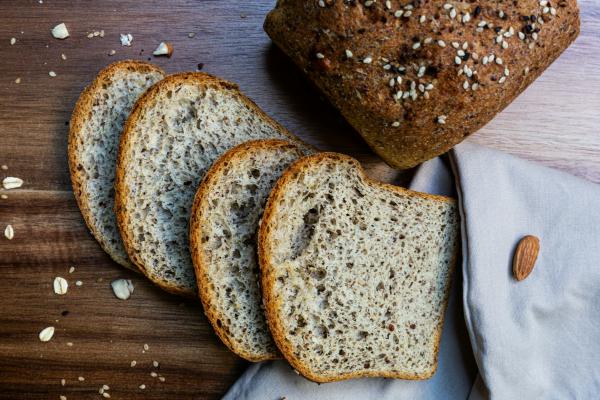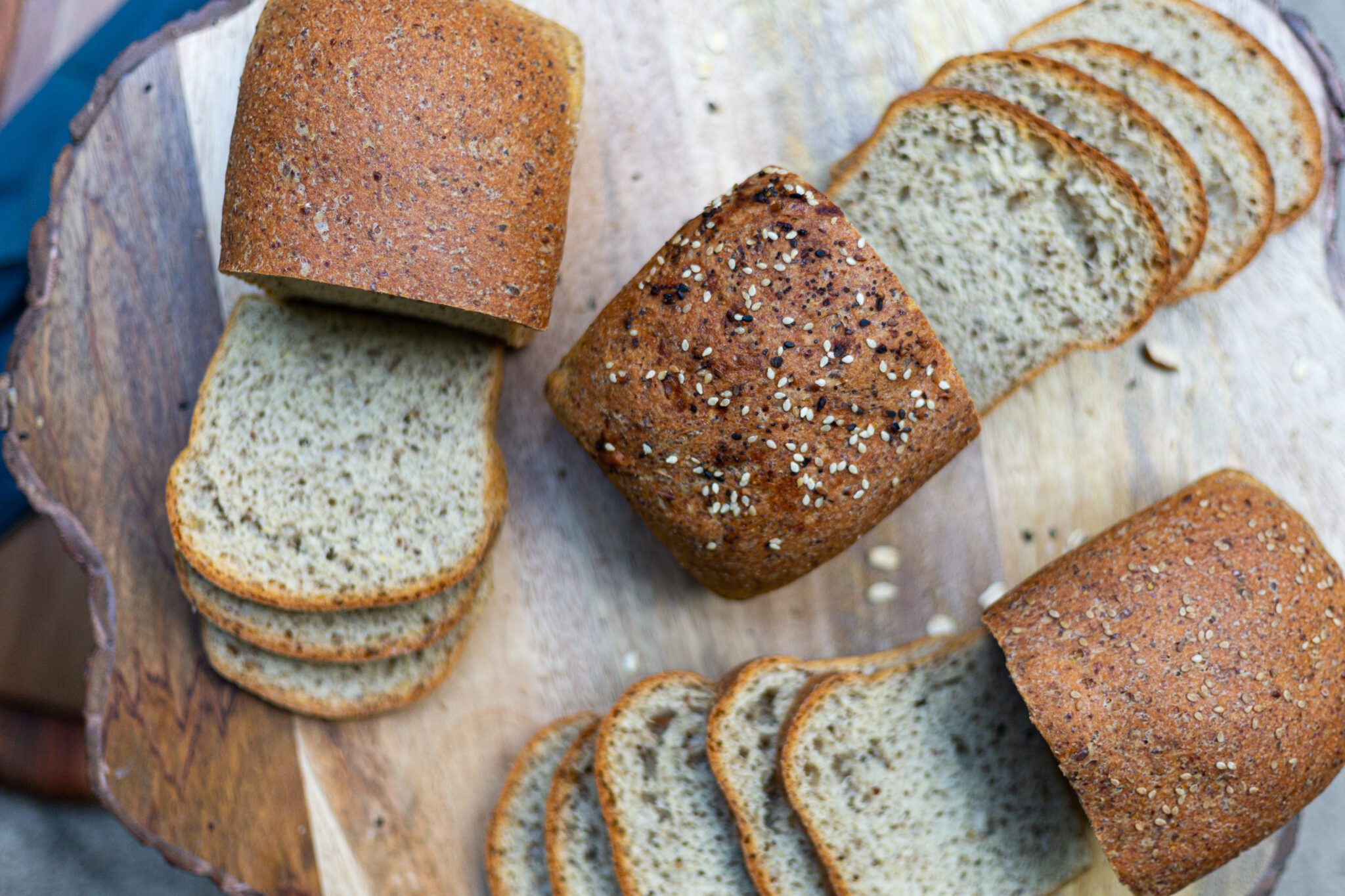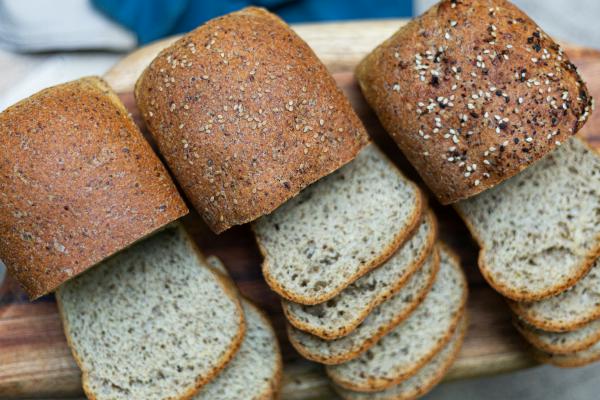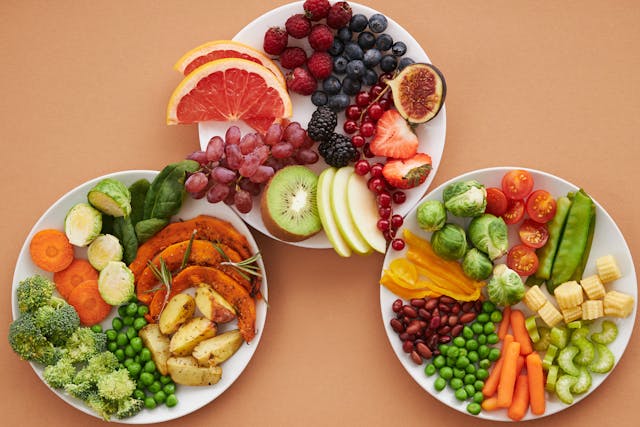


Although there are a lot of keto products on the market that use good quality and trustworthy ingredients, there are so many more that don’t. It’s up to us as consumers to know the good ingredients from the very bad! So Is keto bread good for diabetics? Yes and no, diabetic or not you can absolutely make keto bread a staple in your diet, but you have to be careful when choosing which low carb bread to eat.
In the past decade the keto diet has become one of the most followed diets in America. Now, almost every grocery store you go to has tons of ketogenic and low carb products lining their aisles. This is because the low carb diet has been proven to help manage diabetes.
Diabetes is one of the fastest growing “epidemics” in America, if not the fastest. One in every ten Americans currently has diabetes and that number just keeps on climbing! Even though this chronic disease has become so prevalent, there are still so much misinformation surrounding the subject. When the word, diabetes, pops into the conversation, most people’s minds will immediately jump to insulin and blood sugar. We know they’re all connected somehow but what is insulin, what actually does it do, and how does that affect your blood sugar?
A healthy non-diabetic body is able to break down food into sugar, and then efficiently convert it into usable energy. Insulin plays a vital role in this process and allows your body to utilize the sugar in your bloodstream as a source of energy. A diabetic body however, is not able to efficiently convert the sugar in your bloodstream into usable energy. This leaves very high levels of sugar (glucose) in your blood, which can cause a myriad of diseases over time.

Even for a completely healthy individual, processed sugars and sugary syrups should be consumed in moderation. Now for someone with a chronic health condition that is exacerbated by sugar consumption, these definitely are something to steer clear of. Diabetic or not, fluctuations in your blood sugar levels are normal, however rapid spikes are not great for anyone. Processed sugars are a major culprit when it comes to sudden increases in blood sugar, though naturally occuring sugars also raise your blood sugar levels, they do so in a slower and less significant fashion. One way to determine a food’s impact on your BG (blood glucose) is by its glycemic index.
The glycemic index is a numerical system used to rate how quickly a food can affect your blood sugar levels, the lower the number, the less impact it has on your BG. Refined table sugar (sucrose) has a glycemic index of 65, whereas honey has a glycemic index around 58. Though It is still high and should still be consumed in moderation, it will not raise your blood sugar as much as table sugar does. There also are a lot of other processed and naturally occurring ingredients that are being used to sweeten keto food products. Agave nectar is a great example of a more diabetic friendly naturally occurring sugar. It has a glycemic index of just 17.
It’s actually a myth that only sugar will raise your blood sugar levels. Sure, “sugar” is in the name, and that’s probably the root cause of the confusion, but blood sugar is actually just another term for blood glucose. When you eat food, all the carbs in that food are broken down by your body to form glucose which is then pumped into your bloodstream to give your cells energy. So the more carbs you eat, the more glucose your body produces. Though there can be other environmental factors that impact your BG (blood glucose) level, for the most part, BG levels are pretty consistent with your net carb intake.
The type of carbs you ingest also matters a lot. Processed carbs like white rice spike your blood sugar significantly and very rapidly in comparison to its less processed counterpart, brown rice, which raises your blood sugar a lot slower and less overall. There are two main types of carbs that have very different impacts on your BG. Simple carbs are a lot shorter structurally and are able to be broken down much faster by your body. This causes the glucose to be absorbed very quickly into your bloodstream. Complex carbs on the other hand are very long and take much longer to be broken down resulting in more gradual increases in your BG rather than spikes.
Now this brings us to the controversial group of ingredients that are found in so many keto products. Sugar alcohols, have you heard of them? Some of the most common sugar alcohols are, xylitol, erythritol, sorbitol, and maltitol. You will likely see these on the nutritional labels of products that claim to be “keto-friendly” or “diabetic-friendly”, but they aren’t always. First things first, sugar alcohols are carbs, they absolutely can increase your blood sugar. A couple grams here and there isn’t harmful, but you should think twice about purchasing an item when you start seeing 6 grams, 7 grams, and double digit grams of sugar alcohols in a single serving.
A lot of products will often advertise a lower net carb count than they actually have because they will completely subtract the sugar alcohols from net carbs. But, the truth is that the body actually does partially metabolize some sugar alcohols. The glycemic index of the most common sugar alcohols actually ranges from 0 to 45. So, although some may not cause any increase, others definitely can.
So for a more accurate net carb calculation, you should only subtract 50% of the sugar alcohols from your total carb count. For example if a product has 20g of total carbs, 5 grams of fiber, and 10 grams of sugar alcohol, the advertised net carb count could be 5g of net carbs, when the reality is closer to 10g of net carbs!
One of the biggest problems with the use of sugar alcohols in the keto grocery industry, is the misleading calculations of the net carb count. Though you may think you’re consuming 5g of net carbs, in some cases you may actually be consuming double that. Make sure you always read product labels carefully, and always make your own net carb calculations when sugar alcohols are used in a product. So a keto bread good for diabetics, should ideally not have any sugar alcohols in it’s list of ingredients.


Sweeteners, just like sugar alcohols, are carbohydrates. Did you know there are two main categories of sweeteners used in low carb foods, natural and synthetic (artificial)? Most of the sweeteners that are currently on the market are synthetic, though there are a few naturally occurring sweeteners. The best natural sweetener for diabetics or people on a weight loss journey, is allulose. Allulose is a very rare form of sugar that is found in fruits like figs. One thing that makes this natural sweetener our favorite, is the fact that it has no off-putting aftertaste. A lot of other sugar alcohols and artificial sweeteners taste way too sweet, or have a chemical-like after taste. Out of all the other sweeteners, Allulose comes the closest to the taste of sugar. An example of healthy keto bread comapny that is good for diabetics, and uses allulose is LowCarb Avenue.
Sweeteners, even naturally occurring sweeteners, are not metabolized by your body in the same way that sugar is. They do not spike or increase your blood sugar nearly as much as some sugar alcohols might. Allulose actually has a glycemic index of 0, so it doesn’t increase your blood sugar levels at all. This naturally occurring sweetener actually goes one step further. Studies show that not only does allulose not increase your BG it has actually been found to suppress your blood glucose elevation when eaten with other carbohydrates! Another big advantage to choosing products with sweeteners, especially natural sweeteners, is that you always get an accurate net carb count.
When picking out any food product, either on amazon or from your local grocery store, you have to make sure you read the label carefully. When choosing a bread or bread alternative that is diabetes friendly, here are a few things to keep in mind. A keto bread good for diabetics should not include:
There are so many keto, low carb, diabetic breads on the market. Just the thought of having to sort through those products to find a good one, can be daunting. So, we’ll help you out a bit! One great example of a healthy low carb bread company that is also perfect for people with diabetes is “LowCarb Avenue”. Here are some reasons why low carb avenue’s bread is the best bread for diabetics:
So back to the original question, is keto bread good for diabetics? Most breads are not. They use harmful ingredients and “sugar-free” loopholes that can negatively impact someone with diabetes. But, there are some hidden gems, like LowCarb Avenue Bread, that are an amazing, healthy keto bread option for people living with diabetes!




















Sign up below to receive exclusive deals and be first to know when delicious new products are coming out.